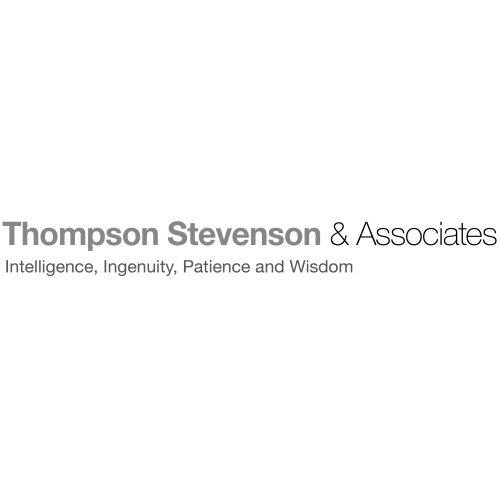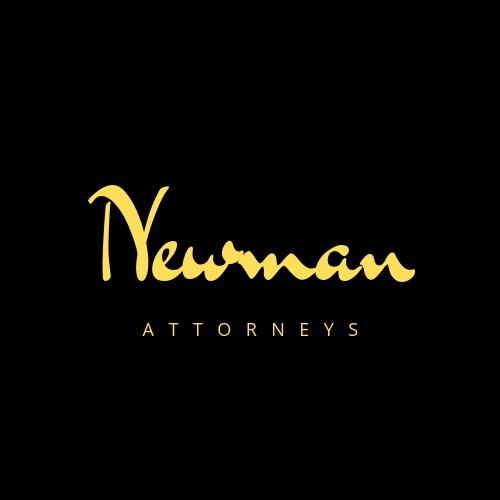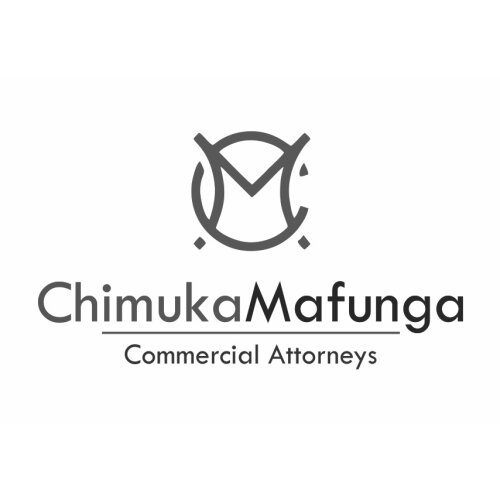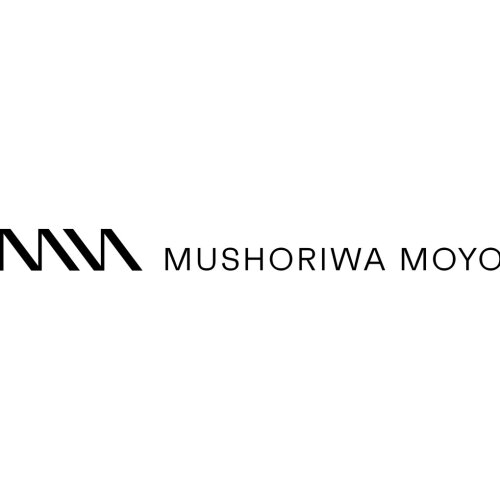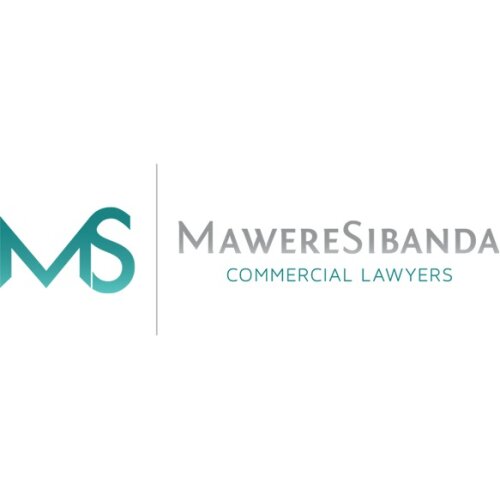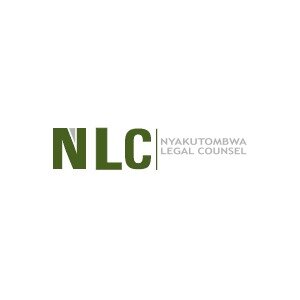Best Energy Regulatory Law Lawyers in Harare
Share your needs with us, get contacted by law firms.
Free. Takes 2 min.
List of the best lawyers in Harare, Zimbabwe
About Energy Regulatory Law in Harare, Zimbabwe
Energy Regulatory Law in Harare, Zimbabwe deals with the legal and regulatory framework that governs the generation, transmission, distribution, and utilization of energy resources. This area of law primarily encompasses electricity, but also includes petroleum, gas, and renewable energy sources. The Energy Regulatory Authority in Zimbabwe, known as the Zimbabwe Energy Regulatory Authority (ZERA), plays a central role in licensing, setting tariffs, monitoring compliance, and ensuring that all stakeholders within the energy sector operate fairly and sustainably. The law seeks to balance the interests of consumers, service providers, investors, and the environment, while also promoting access to reliable, affordable, and sustainable energy for all.
Why You May Need a Lawyer
There are many scenarios where the expertise of a lawyer specialized in Energy Regulatory Law can be valuable:
- If you are a business or individual seeking to invest or operate in the generation, distribution, or supply of electricity.
- If you are experiencing disputes regarding energy bills, service interruptions, or alleged illegal connections.
- If you need guidance on licensing requirements, including renewable energy project applications and environmental impact assessments.
- If you are facing penalties or regulatory action initiated by ZERA or any other authority.
- If you are negotiating contracts related to energy supply, purchase agreements, or infrastructure development.
- If you wish to challenge tariff increases or policy decisions affecting energy access or pricing.
- If you require advice on compliance with safety or environmental standards.
- If you are representing community interests affected by energy sector developments, such as new power plants or transmission lines.
Local Laws Overview
The key legislative instrument governing Energy Regulatory Law in Zimbabwe is the Energy Regulatory Authority Act [Chapter 13:23]. This Act establishes ZERA and outlines its powers, roles, and responsibilities. Another important law is the Electricity Act [Chapter 13:19], which governs the supply and use of electricity. The Rural Electrification Fund Act also impacts the sector by supporting the extension of energy services to underserved communities.
Some of the most relevant aspects of local energy law include:
- Licensing requirements for any entity wishing to generate, transmit, distribute, or supply energy.
- Tariff regulation and the process for setting prices for various categories of consumers or producers.
- Renewable energy incentives and regulations aimed at increasing the share of renewables in the national energy mix.
- Consumer protection provisions, including dispute resolution mechanisms.
- Environmental and health and safety compliance obligations.
- Penalties for non-compliance, including fines, suspension, or revocation of licenses.
Compliance with these laws is essential for all stakeholders, and legal assistance can help navigate the complex regulatory environment.
Frequently Asked Questions
What is the Zimbabwe Energy Regulatory Authority (ZERA)?
ZERA is the government body responsible for regulating the procurement, generation, transmission, distribution, and consumption of energy in Zimbabwe. Its duties include licensing, tariff setting, enforcing compliance, and protecting consumer rights.
Who needs a license from ZERA?
Any entity or person that plans to generate, transmit, distribute, or retail energy in Zimbabwe, including both traditional and renewable energy projects, requires a license unless specifically exempted.
How are electricity tariffs determined in Harare?
ZERA reviews proposed tariffs submitted by utilities and providers, then approves or sets the tariffs based on economic viability, fair return to investors, and consumer affordability.
Can I invest in solar or other renewable projects as an individual or business?
Yes. Zimbabwe encourages the adoption of renewable energy. However, depending on the scale of the project, you may need to seek licensing and compliance approval from ZERA and other relevant agencies.
What can I do if I disagree with a decision made by an energy provider or regulator?
You have the right to lodge a complaint with ZERA. If your complaint is not resolved satisfactorily, you may seek further redress through the courts or with the help of a lawyer specializing in energy law.
Are there incentives for renewable energy investments in Zimbabwe?
Yes. Both government and international organizations have offered incentives, such as tax waivers, grants, and feed-in tariffs, to promote renewable energy investment.
What should I do if I receive a notice of regulatory action against my energy project?
Consult a qualified energy regulatory lawyer promptly. They can review the notice, help you prepare a response, and, if necessary, represent you in hearings or appeals.
How are power outages and service interruptions regulated?
Energy providers are required to meet certain reliability standards. Regular and prolonged interruptions may be challenged through ZERA’s complaint mechanism or in the courts if necessary.
What are the environmental requirements for energy projects?
Most energy projects, especially large-scale or fossil-fuel-based ones, must conduct environmental impact assessments and obtain approvals from environmental authorities in addition to ZERA’s requirements.
Do foreign investors face different rules in Zimbabwe's energy sector?
Foreign investors are subject to the same licensing and regulatory requirements as local entities, though they should also consider general investment laws, indigenization policies, and sector-specific guidelines.
Additional Resources
For more information, individuals and businesses may find the following resources useful:
- Zimbabwe Energy Regulatory Authority (ZERA): The main regulator and licensing authority for energy projects.
- Ministry of Energy and Power Development: Develops national energy policies and strategies.
- Environmental Management Agency (EMA): Responsible for environmental regulations affecting energy projects.
- Rural Electrification Fund: Supports rural energy access initiatives.
- Zimbabwe Electricity Transmission and Distribution Company (ZETDC): Main electricity supplier and grid operator.
- Zimbabwe Lawyers for Human Rights: Occasionally assists with matters related to access to energy as a human right.
Next Steps
If you need legal assistance regarding Energy Regulatory Law in Harare, Zimbabwe, consider the following steps:
- Identify the specific issue or question you need resolved, such as licensing, disputes, or compliance.
- Gather all relevant documents, contracts, notices, or correspondence related to your energy matter.
- Consult a lawyer who specializes in Energy Regulatory Law, preferably someone with local experience in Harare and familiarity with ZERA’s procedures.
- Contact ZERA or the relevant authority to seek information or clarification, but ensure you have legal support before making binding decisions or responding to regulatory action.
- If your matter relates to consumer protection, you may use formal complaint channels with ZERA before exploring court action.
- Stay informed about changes in energy laws and regulatory policies, as this sector continues to evolve rapidly in Zimbabwe.
Taking a proactive, informed approach and seeking professional legal guidance at an early stage can help protect your interests and ensure compliance with Zimbabwe’s energy regulatory framework.
Lawzana helps you find the best lawyers and law firms in Harare through a curated and pre-screened list of qualified legal professionals. Our platform offers rankings and detailed profiles of attorneys and law firms, allowing you to compare based on practice areas, including Energy Regulatory Law, experience, and client feedback.
Each profile includes a description of the firm's areas of practice, client reviews, team members and partners, year of establishment, spoken languages, office locations, contact information, social media presence, and any published articles or resources. Most firms on our platform speak English and are experienced in both local and international legal matters.
Get a quote from top-rated law firms in Harare, Zimbabwe — quickly, securely, and without unnecessary hassle.
Disclaimer:
The information provided on this page is for general informational purposes only and does not constitute legal advice. While we strive to ensure the accuracy and relevance of the content, legal information may change over time, and interpretations of the law can vary. You should always consult with a qualified legal professional for advice specific to your situation.
We disclaim all liability for actions taken or not taken based on the content of this page. If you believe any information is incorrect or outdated, please contact us, and we will review and update it where appropriate.





